






BNI Treatment Center - Residential Teen Treatment
Verified Center
This provider's information has been quality-checked by Recovery.com's Research Team for accuracy and completeness, including center verification through appropriate third-party organizations.
Treatment Focus
This center treats substance use disorders and mental health conditions. You'll receive individualized care catered to your unique situation and diagnosis, learn practical skills for recovery, and make new connections in a restorative environment.
Primary Level of Care
Offering intensive care with 24/7 monitoring, residential treatment is typically 30 days and can cover multiple levels of care. Length can range from 14 to 90 days typically.
Treatment Focus
This center treats substance use disorders and mental health conditions. You'll receive individualized care catered to your unique situation and diagnosis, learn practical skills for recovery, and make new connections in a restorative environment.
Primary Level of Care
Offering intensive care with 24/7 monitoring, residential treatment is typically 30 days and can cover multiple levels of care. Length can range from 14 to 90 days typically.
Provider's Policy
At BNI Treatment Center, we accept most PPO insurance plans. Our friendly insurance team will verify your benefits for free, with no obligation. They’ll walk you through exactly what’s covered, so you can focus on healing. Reach out today for a confidential, no-pressure chat about your options.
BNI Treatment Center - Residential Teen Treatment
BNI Treatment Center - Residential Teen Treatment
About BNI Treatment Center - Residential Teen Treatment
Designed specifically for adolescents, BNI Treatment Centers offers compassionate, psychiatrist-led care in a home-like setting. As a primary mental health facility with the ability to provide medical detox and handle medically-acute cases when needed, BNI provides a higher level of care than many teen programs. Their team treats a wide range of diagnoses, from anxiety, depression, and trauma to bipolar disorder and co-occurring disorders.
Look Beyond the Surface to Help Teens Heal
At BNI Treatment Centers, they don’t just react to behaviors; they ask what’s underneath them. Every outburst, shutdown, or self-sabatoging choice is a signal of something deeper. With two board-certified psychiatrists who personally oversee each client’s care, they look beyond the surface. Behaviors are often a teen’s best attempt at coping, and they treat them with compassion. With a blend of behavioral neuroscience, evidence-based therapies, and holistic support, they help teens understand themselves and step into their lives with greater clarity.
Experience a Safe, Restorative Place to Recover
At BNI’s Agoura Hills locations, teens reside in semi-private or private rooms, and housing is intentionally separated for mental health and substance use clients to provide the most supportive environment possible. With a pool, jacuzzi, and chef-prepared meals, plus housekeeping every other day, the focus stays on recovery, not daily stress.
Feel Fully Supported in the Next Chapter
From the very beginning of treatment, the Director of Outreach helps families feel connected and cared for—and that commitment continues long after discharge. Aftercare at BNI helps teens transition back into daily life with confidence. Whether through ongoing therapy, academic reintegration, or relapse prevention planning, families receive the right tools and resources they’ll need for continued recovery.

Highlights from the Center
Highlights
These highlights are provided by and paid for by the center.
1-on-1 Counseling
Customized Treatment Plans
Pool
Adolescents
Center Overview
Treatment Focus
This center treats substance use disorders and mental health conditions. You'll receive individualized care catered to your unique situation and diagnosis, learn practical skills for recovery, and make new connections in a restorative environment.
CARF Accredited
CARF stands for the Commission on Accreditation of Rehabilitation Facilities. It's an independent, non-profit organization that provides accreditation services for a variety of healthcare services. To be accredited means that the program meets their standards for quality, effectiveness, and person-centered care.
Insurance Accepted
Cash Pay Rates
Estimated Cash Pay Rate
Center pricing can vary based on program and length of stay. Contact the center for more information. Recovery.com strives for price transparency so you can make an informed decision.
Meet Your Care Team
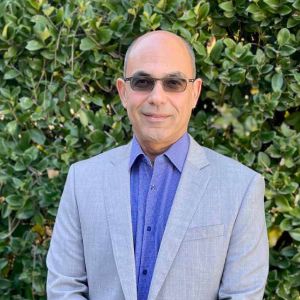
Arastou Aminzadeh
Adolescent Psychiatrist
M.D.
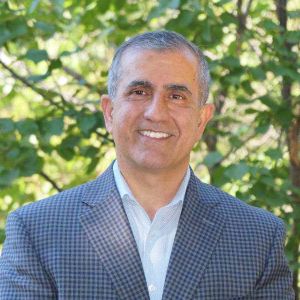
Oliver Ahmadpour
Adolescent Psychiatrist
M.D.

Sondra Grossman
Physician Assistant
PA-C
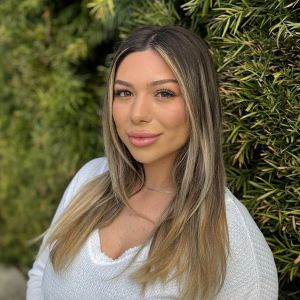
Dr. Mariana Balyan
Primary Therapist
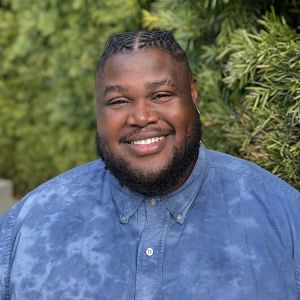
Dr. Corey Pearson
Primary Therapist

Vallerie E. Coleman
Equine Therapy
Ph.D., PsyD

Rey Carungcong
Shaka Surf Club
NSSIA-cert

Dr. Andrew Aytona
Clinical Supervisor
PsyD, LMFT
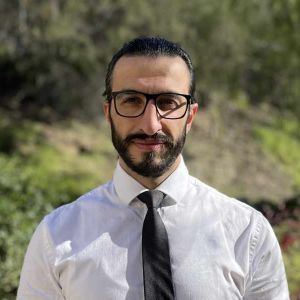
Dr. Aram Keshishyan
Clinical Supervisor
PsyD
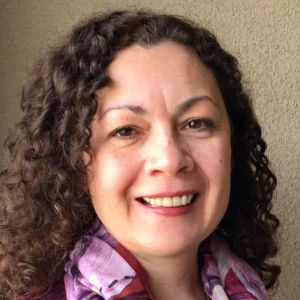
Elena Avanesova
Art Therapy

Candice Archer
Yoga + Soundbath Instructor
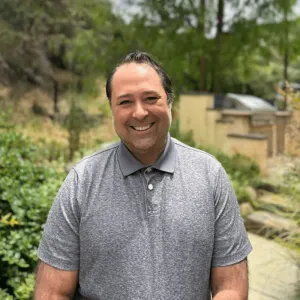
Steven Infield
Primary Therapist
AMFT
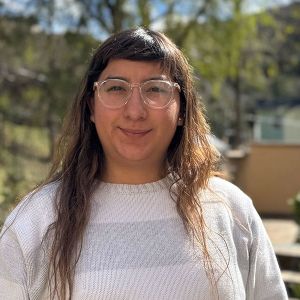
Diana Monroy
Case Manager

Lori Beckwith
Family Liaison Director
BNI
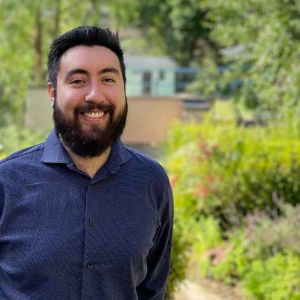
Luis Silva
Academic Coordinator
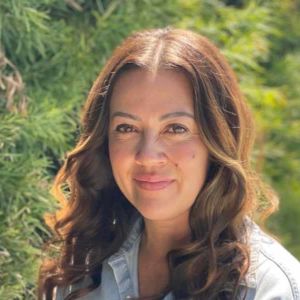
Rosemary Ritter
RTC Manager

David Vaknin
Director of Admissions
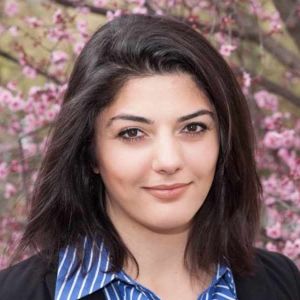
Maria Sarkisian
Director of Operations

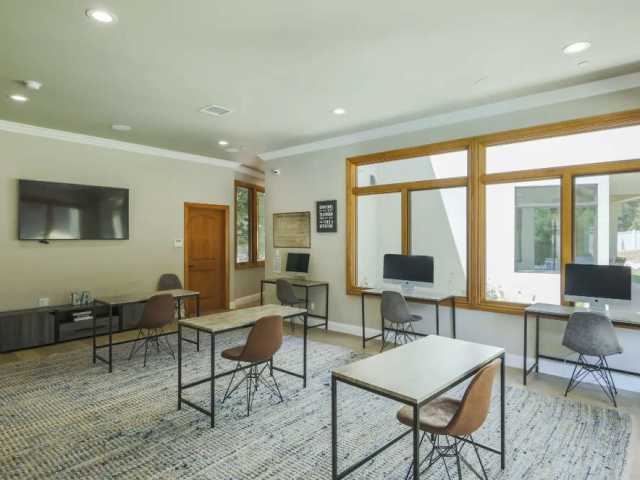


Levels of Care






Your Care Options
Specializations
Schizophrenia
Schizophrenia is a serious mental health condition that causes hallucinations, delusions, and disordered thinking.
Adolescents
Teens receive the treatment they need for mental health disorders and addiction, with the added support of educational and vocational services.
Personality Disorders
Personality disorders destabilize the way a person thinks, feels, and behaves. If untreated, they can undermine relationships and lead to severe distress.
Anxiety
Anxiety is a common mental health condition that can include excessive worry, panic attacks, physical tension, and increased blood pressure.
Bipolar
This mental health condition is characterized by extreme mood swings between depression, mania, and remission.
Depression
Symptoms of depression may include fatigue, a sense of numbness, and loss of interest in activities. This condition can range from mild to severe.
Obsessive Compulsive Disorder (OCD)
OCD is characterized by intrusive and distressing thoughts that drive repetitive behaviors. This pattern disrupts daily life and relationships.
Trauma
Some traumatic events are so disturbing that they cause long-term mental health problems. Those ongoing issues can also be referred to as "trauma."
Who We Treat
Adolescents
Teens receive the treatment they need for mental health disorders and addiction, with the added support of educational and vocational services.
LGBTQ+
Addiction and mental illnesses in the LGBTQ+ community must be treated with an affirming, safe, and relevant approach, which many centers provide.
Mild Disabilities
Adults with mild physical or intellectual disabilities receive treatment catered to their specific needs in a safe and clinically supportive environment.
Approaches
Evidence-Based
A combination of scientifically rooted therapies and treatments make up evidence-based care, defined by their measured and proven results.
Family Involvement
Providers involve family in the treatment of their loved one through family therapy, visits, or both–because addiction is a family disease.
Medical
Medical addiction treatment uses approved medications to manage withdrawals and cravings, and to treat contributing mental health conditions.
Therapies
1-on-1 Counseling
Patient and therapist meet 1-on-1 to work through difficult emotions and behavioral challenges in a personal, private setting.
Transcranial Magnetic Stimulation
Localized magnetic pulses stimulate areas of the brain to increase brain activity and reduce abnormal functions.
Equine Therapy
Guided interactions with trained horses, their handler, and a therapist can help patients improve their self-esteem, trust, empathy, and social skills.
Family Therapy
Family therapy addresses group dynamics within a family system, with a focus on improving communication and interrupting unhealthy relationship patterns.
Life Skills
Teaching life skills like cooking, cleaning, clear communication, and even basic math provides a strong foundation for continued recovery.
Medication-Assisted Treatment
Combined with behavioral therapy, prescribed medications can enhance treatment by relieving withdrawal symptoms and focus patients on their recovery.
Motivational Interviewing and Enhancement Therapy (MET)
This approach is based on idea that motivation to change comes from within. Providers use a conversational framework that may help you commit to recovery.
Conditions We Treat
Schizophrenia
Schizophrenia is a serious mental health condition that causes hallucinations, delusions, and disordered thinking.
Personality Disorders
Personality disorders destabilize the way a person thinks, feels, and behaves. If untreated, they can undermine relationships and lead to severe distress.
ADHD, ADD
ADHD is a common mental health condition caused by dopamine imbalance. Common symptoms include inattention, hyperactivitiy, and impulsivity.
Anger
Although anger itself isn't a disorder, it can get out of hand. If this feeling interferes with your relationships and daily functioning, treatment can help.
Anxiety
Anxiety is a common mental health condition that can include excessive worry, panic attacks, physical tension, and increased blood pressure.
Bipolar
This mental health condition is characterized by extreme mood swings between depression, mania, and remission.
Codependency
Codependency is a pattern of emotional dependence and controlling behavior. It's most common among people with addicted loved ones.
Depression
Symptoms of depression may include fatigue, a sense of numbness, and loss of interest in activities. This condition can range from mild to severe.
Substances We Treat
Alcohol
Using alcohol as a coping mechanism, or drinking excessively throughout the week, signals an alcohol use disorder.
Benzodiazepines
Benzodiazepines are prescribed to treat anxiety and sleep issues. They are highly habit forming, and their abuse can cause mood changes and poor judgement.
Chronic Relapse
Consistent relapse occurs repeatedly, after partial recovery from addiction. This condition requires long-term treatment.
Co-Occurring Disorders
A person with multiple mental health diagnoses, such as addiction and depression, has co-occurring disorders also called dual diagnosis.
Cocaine
Cocaine is a stimulant with euphoric effects. Agitation, muscle ticks, psychosis, and heart issues are common symptoms of cocaine abuse.
Drug Addiction
Drug addiction is the excessive and repetitive use of substances, despite harmful consequences to a person's life, health, and relationships.
Heroin
Heroin is a highly addictive and illegal opioid. It can cause insomnia, collapsed veins, heart issues, and additional mental health issues.
Psychedelics
Hallucinogenic drugs—like LSD—cause euphoria and increased sensory experiences. When abused, they can lead to depression and psychosis.
Languages
Aftercare
Care Designed for Your Needs
Personal Amenities
Amenities
Special Considerations
Healthy Meals are provided
Great food meets great treatment, with providers serving healthy meals to restore nutrition, wellbeing, and health.
Activities
Off-Site Activities
Off-Site Amenities
What people are saying
Treatment
5.0
Accommodations
5.0
Food & Nutrition
5.0
Value
5.0
J.B.
Treatment in 2022 • (14 days) • Reviewed 12/01/22
Former Client
•in school
•California
Joseph
Reviewed 10/05/18
Review from Rehabs.com
S R W Y
Reviewed 07/10/20
Review from Rehabs.com
Becca
Reviewed 10/05/18
Review from Rehabs.com






